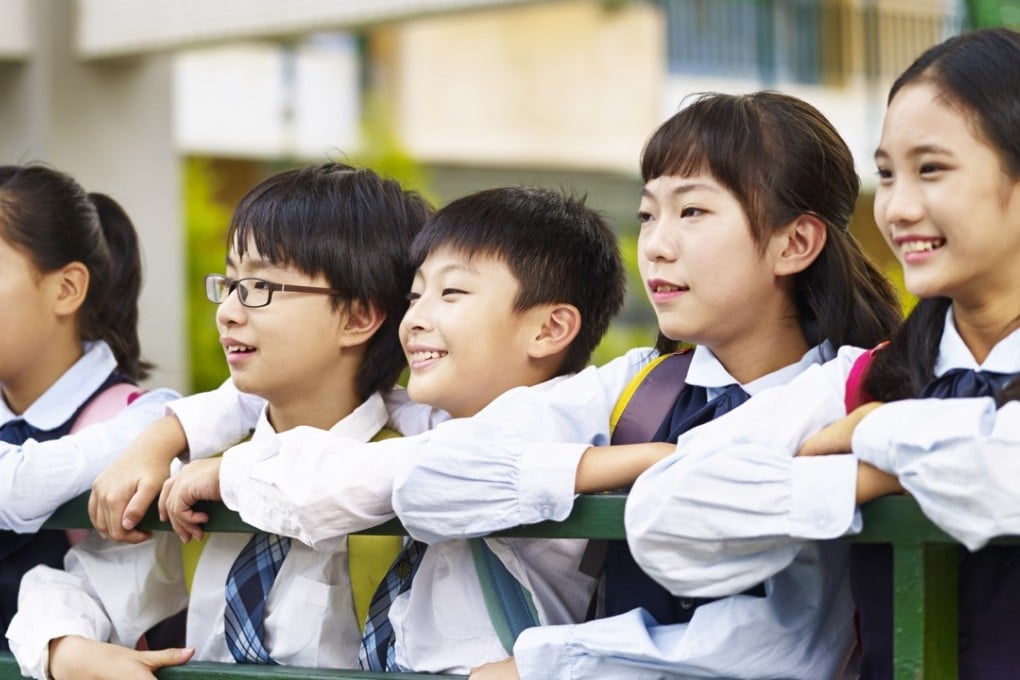Hong Kong pupils among world’s best group problem-solvers (but Singapore tops the chart)
Results from Pisa assessment of how well students work together for solutions show Japan in second

Hong Kong secondary school pupils placed third in a worldwide ranking on collaborative problem-solving skills, according to results announced on Tuesday.
The city came behind Singapore and Japan in the latest Programme for International Student Assessment (Pisa).
The Pisa survey assesses the performance of 15-year-olds around the world in science, maths and reading, but included this year – for the first time – an assessment on how well pupils work with one another to solve problems. The tests were conducted in 2015.
Singapore’s pupils scored highest in collaborative problem-solving around the world with 561 points, beating Japan’s, who scored 552 points. Hong Kong ranked third with 541 points.
The downsides to Singapore’s education system: stress and suicides
The mean score was 500 for the more than 125,000 students in the 52 countries that participated in the assessment.